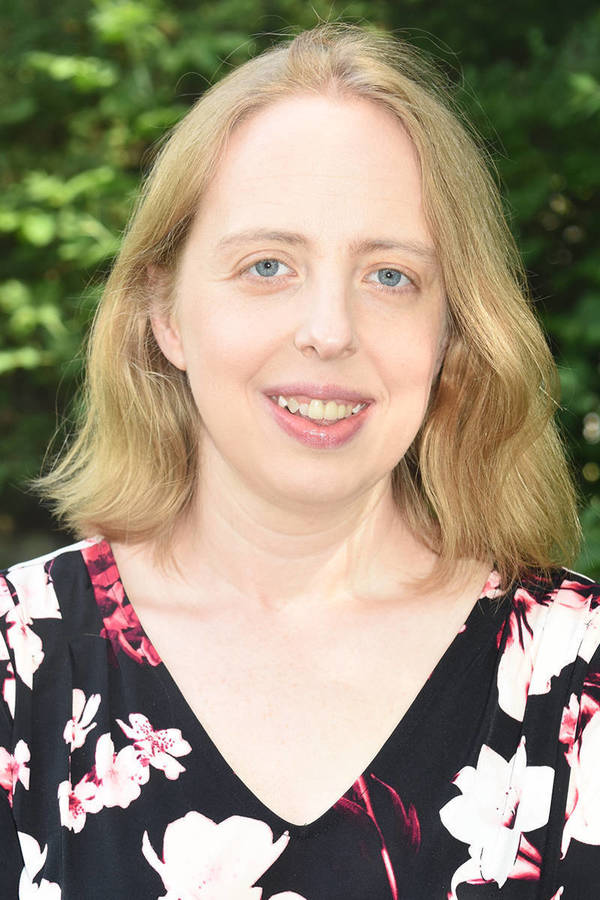
Laura Fields, a new associate professor in the Department of Physics, is a former researcher at Fermilab National Laboratory and will continue many of her neutrino physics research projects while at the University of Notre Dame.
“Neutrinos come in three different ‘flavors,’ for reasons we do not understand,” Fields said. “A neutrino with one flavor can turn into another flavor as it travels. For example, it would be like if you started in Illinois with a package of brown M&Ms and drove them to Notre Dame — the M&Ms would arrive yellow and brown.”She was formerly the co-spokesperson of the Main Injector for Experiment for v-A (MINERvA) collaboration, a particle physics experiment designed to perform high-precision measurements of neutrino interactions on a wide variety of materials.
Understanding the mysteries of how neutrinos operate could lead to the answer for the biggest question in particle physics: Why does the universe exist in the first place?
“The Standard Model of Physics tells us that the universe should be roughly equal amounts of matter and anti-matter, and the answers may lie within neutrinos,” Fields said.
She will also continue her work on the Deep Underground Neutrino Experiment (DUNE). That experiment consists of two parts - one at Fermilab and the other at the Sanford Underground Research Facility in South Dakota. Neutrino detectors at both facilities enable scientists to search for new subatomic phenomena.
Additionally, Fields will continue collaboration on an initiative intended to understand the flux of neutrino beams when they are created with accelerators.
Though not teaching for the Spring 2021 semester, Fields will begin teaching at Notre Dame in the autumn and looks forward to the experience.
“I haven’t been in the classroom for quite a long time, but I have had the opportunity to work with a lot of students and their research, from undergraduates to postdocs,” she said. “Helping them grow from very junior students to researchers was one of the things I like best about my career,” she said.
Teaching in the classroom will be an exciting challenge, she added. “My career has gone well so far, but it’s always good to grow and do something else.”
Fields graduated with her bachelor’s degree in physics and mathematics, earned a certificate of advanced study in mathematics from the University of Cambridge, and her master’s and doctoral degrees in physics from Cornell University.
Originally published by at science.nd.edu on February 01, 2021.